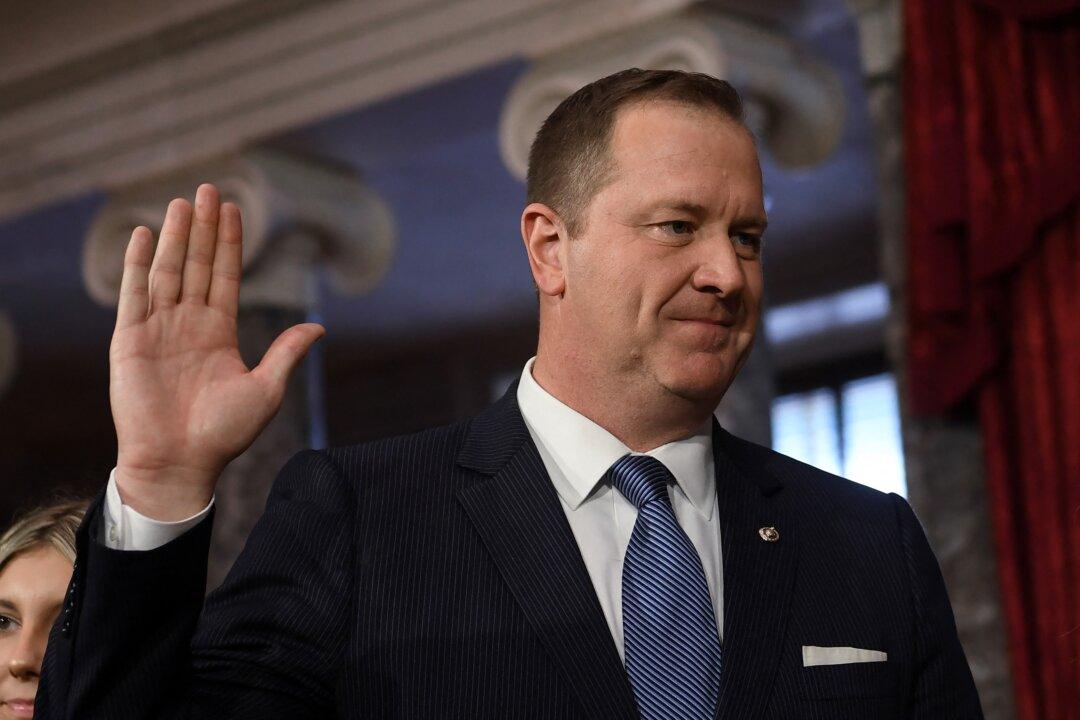The Pentagon’s cyberwarfare unit should go on the offense against hostile foreign hacking groups in response to a recent Chinese state-sponsored cyberattack that penetrated top U.S. agencies and stole tens of thousands of emails from officials, according to Sen. Eric Schmitt (R-Mo.).
“America needs more than just a good defense—It’s far past time to go on offense. We must bring the fight to the front door of hackers who would do us harm, and most critically, state-sponsored hacking groups,” Mr. Schmitt told The Epoch Times.






